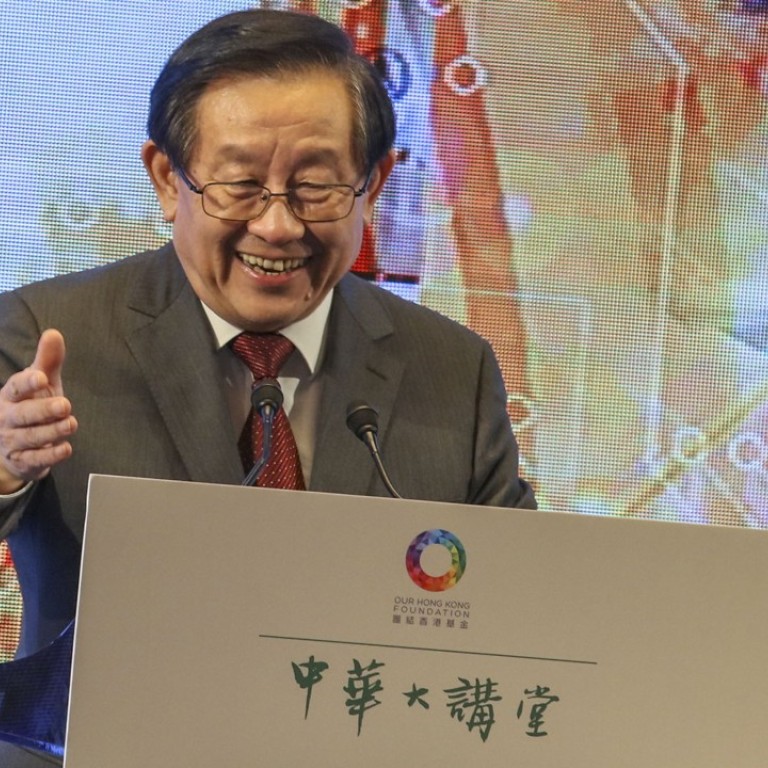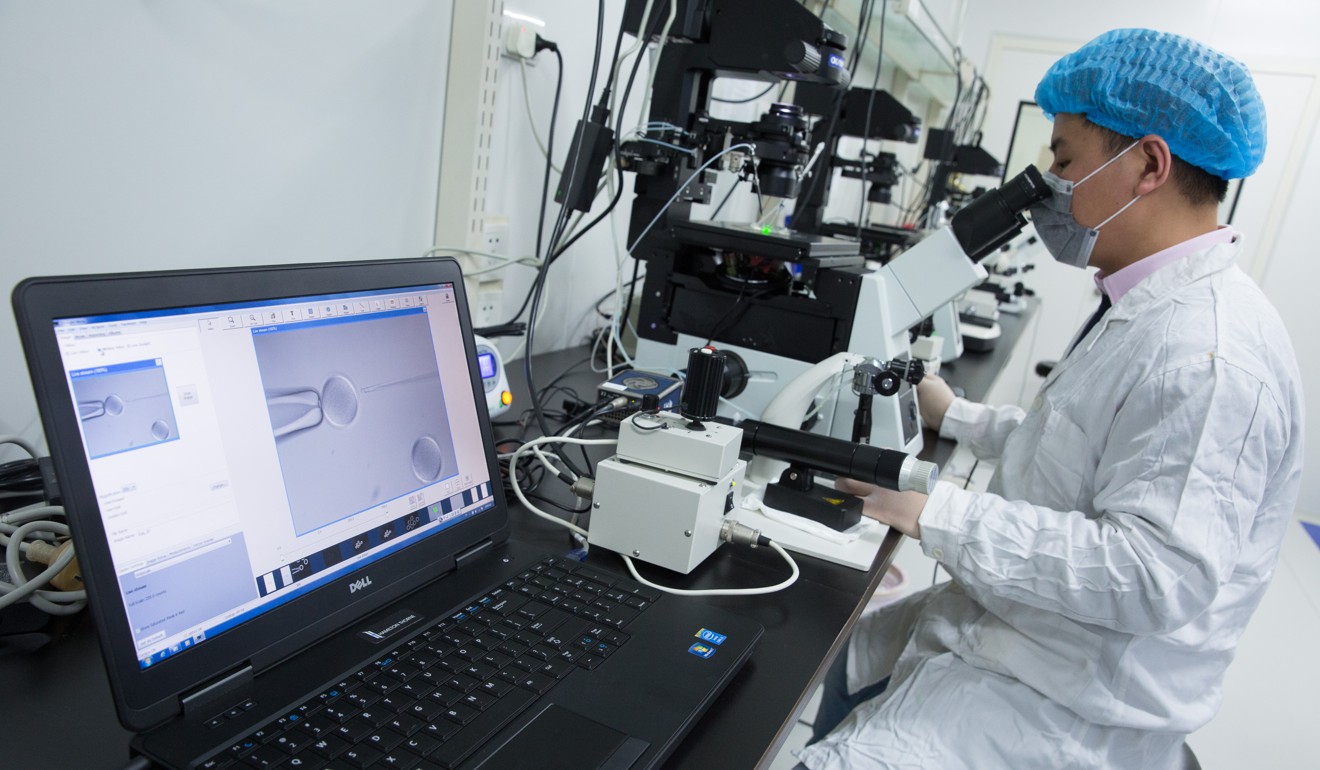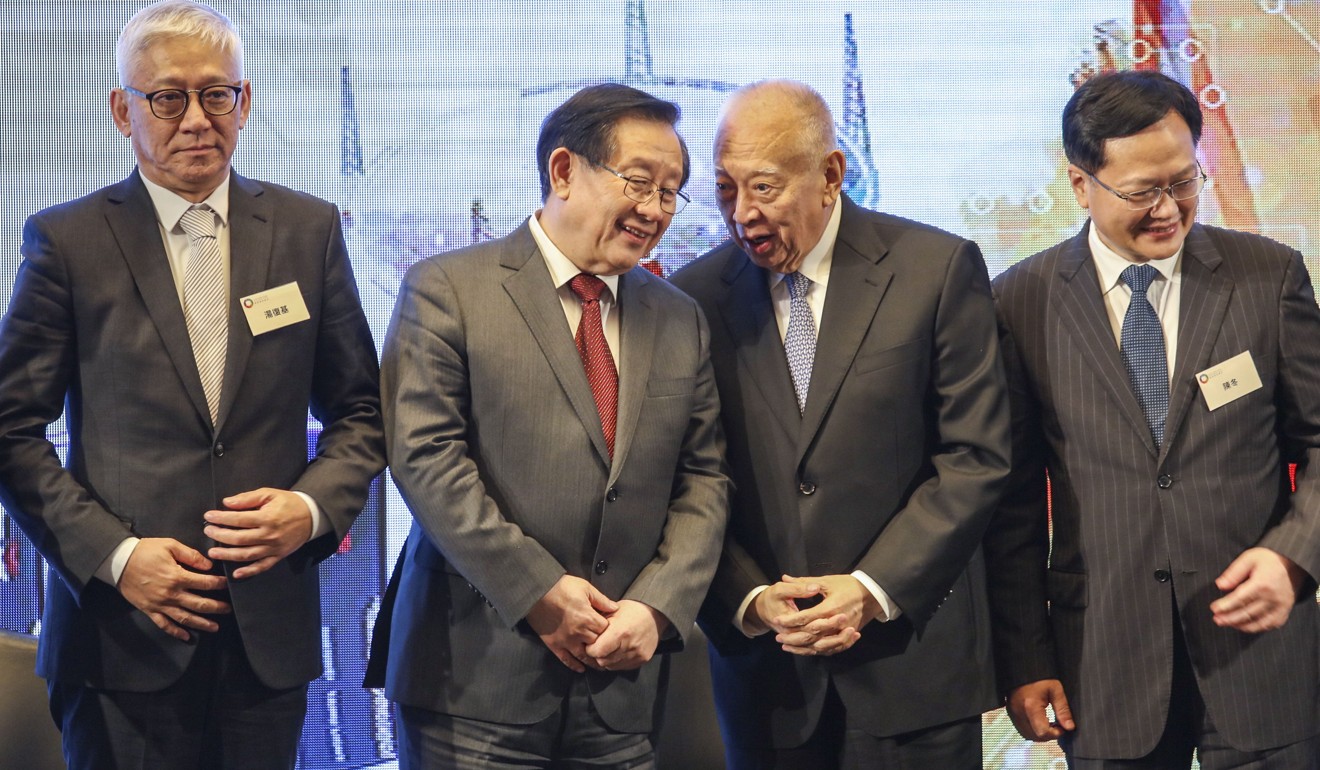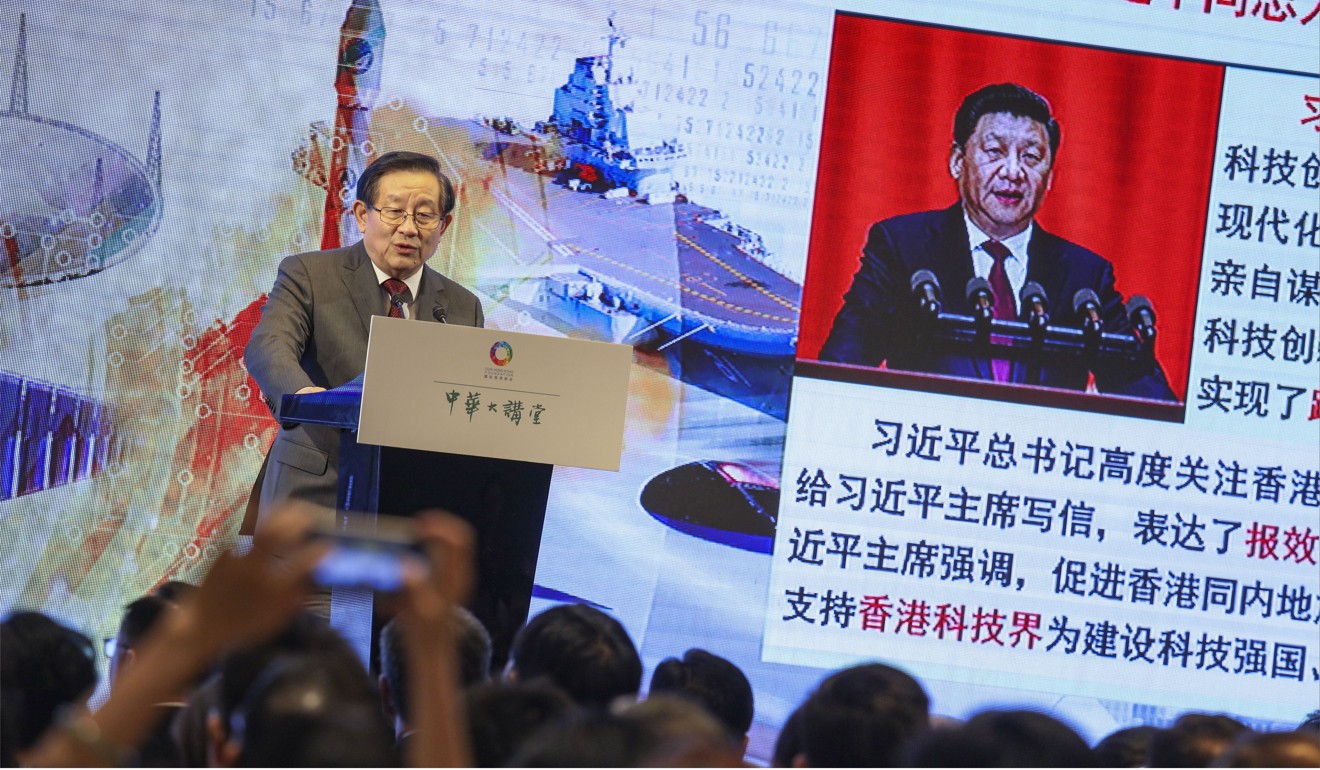
Help China overcome ‘weaknesses’ to become global tech power, ex-minister Wan Gang asks Hong Kong innovators
Former national science and technology minister lays bare China’s scientific shortcomings in candid assessment, but says city can play key role in country’s ambitions
China has “weaknesses” hobbling its ambition to be a global tech power, former science and technology minister Wan Gang said on Wednesday in a candid assessment as he appealed to Hong Kong innovators to help fill the gaps and collaborate with their mainland counterparts.
The mainland still had room to improve in areas such as basic research, grooming of scientific talent, and forging international partnerships, said Wan, a vice-chairman of the country’s top advisory body, the Chinese People’s Political Consultative Conference (CPPCC).
And Hong Kong could step up to the plate and help the mainland given its track record and talent pool of top-quality scientists, he said.
Paul Chan: Hong Kong can capitalise on national funding for innovation
“Hong Kong is strong in scientific research, the finance and service industries, and in the city’s internationalisation and global perspective.

“Hong Kong has an internationalised intellectual property protection system … The city is also the connector between the mainland and the world,” he added, during an hour-long speech at a forum organised by Our Hong Kong Foundation.
The think tank is chaired by the city’s former leader Tung Chee-hwa, who is also a CPPCC vice-chairman.
Xi Jinping cash route sure to pay off for Hong Kong scientists
But even as he laid bare China’s shortcomings, Wan took pains to laud China’s technological breakthroughs, stressing that the mainland had a huge market and “comprehensive and open policies on innovation”.
Elaborating on the “weaknesses”, the president of the China Association for Science and Technology explained that the country had not done “enough foundation research”, referring to studies that seek to expand the existing base of scientific knowledge.

There is a strong need to improve our system of [grooming] innovative talent
Wan added that China also needed to improve its ability to innovate.
“There is a strong need to improve our system of [grooming] innovative talent … as well as to reinforce the ability [to forge] international partnerships,” he said.
What Hong Kong scientists’ questions about mainland China funding reveal
He called on mainland laboratories to be more welcoming of their Hong Kong counterparts and share equipment and resources.

This was a sticking point some Hong Kong scientists raised when Beijing announced about a week ago that under a new directive from Xi to make the city an international innovation hub, they could now enjoy access to national-level funding previously only available to mainland researchers.
Wan, known for his candid remarks, also dwelled on his journey from poor teenager to government minister. Youngsters should not be afraid of difficulties, he said to the audience of 500 at the forum, including secondary school students, the city’s leaders and Beijing’s representatives in Hong Kong.
Hong Kong science hubs get national funding to support innovation drive
“Innovative developments offer opportunities for all … and everyone like us has the responsibility to help the young,” he said.
Chinese University chemistry professor Henry Wong Nai-ching agreed Hong Kong could contribute to the mainland with its strengths, but questioned whether young people would respond to Wan’s appeal.
Many Hong Kong young people are reluctant to go to the mainland for exchanges, because there are lots of restrictions on the flow of information
“Many Hong Kong young people are reluctant to go to the mainland for exchanges, because there are lots of restrictions on the flow of information,” he said.
Wong also believed that even if mainland laboratories were willing to share resources, there might not be many Hong Kong researchers who could find the right partners to work with, or who would be willing to work on the mainland for a long period of time.
‘Hong Kong’s scientists will not bend to Beijing just because of state funding’
It was the third time Lam had met Wan since the city’s chief executive took office in July last year.
She thanked Wan for his support for Hong Kong’s innovation and technology development during his tenure as minister.

